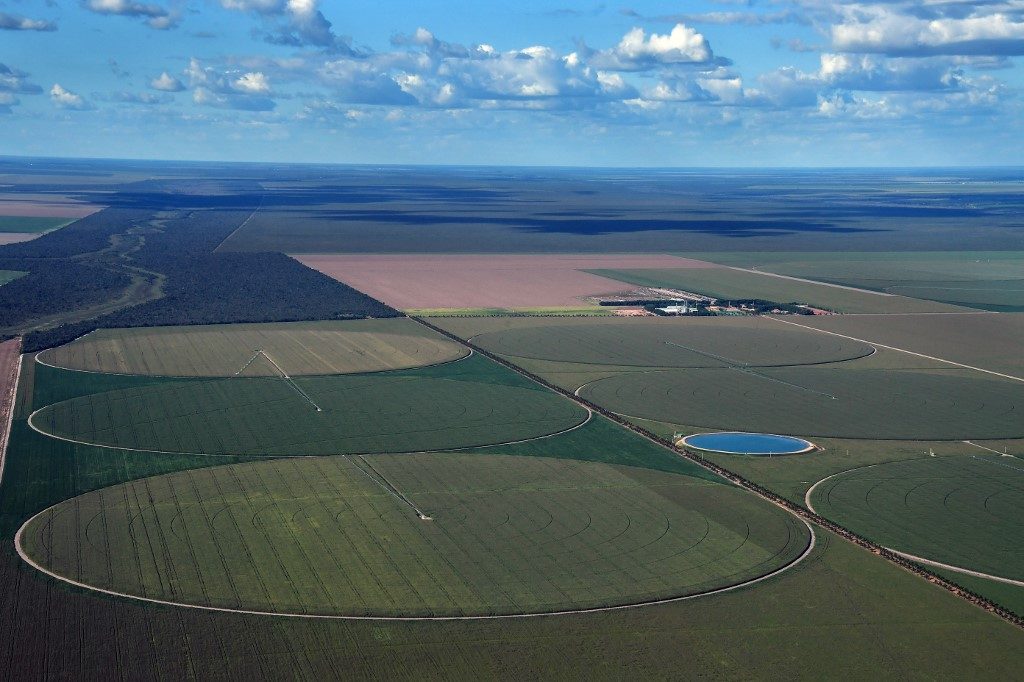Rio de Janeiro – Brazil cereal, pulse and oilseed output ended 2019 at a record volume of 241.5 million tonnes, the Brazilian Institute of Geography and Statistics (IBGE) reported. As per the figures made public this Wednesday (8), the volume is 6.6% higher than 2018 and 1.3% higher than the previous record from 2017.
According to IBGE, soy, which is the main cereal, however, closed at 113.5 million tonnes, down 3.7% from 2018. Rice was down too, by 12.6%.
These declines were compensated mainly by the record-high outputs of 100.6 million tonnes of maize, up 23.6% from the previous year, and 6.9 million tonnes of cotton, up 39.8%.
IBGE made public its third prognostic for 2020 crop, which is expected to be even larger than 2019’s, at 243.2 million tonnes, up 0.7% from a year ago.
Out of the six main cereal crops, only the second maize crop is expected to slide from a year ago, down 10.4%. The others should climb too: soy (7.8%), rice (0.9%), first maize crop (1.8%), cotton (2.7%), and first beans crop (3.3%).
Conab
In Brasília, the National Supply Company (Conab) released its fourth crop forecast for the 2019/2020 crop year, which indicates an output of 248 million tonnes, up 2.5% from a cycle ago. The figures point to a new record high in the historical series. The difference between IBGE’s and Conab’s figures is the first works with regular years in its surveys while the latter works with crop years.
The deputy secretary of Agricultural Policy of the Ministry of Agriculture, Livestock and Supply (Mapa), Wilson Vaz de Araújo, said that the indicators are due especially to a good performance of the loans for the sector. “There has never been such a strong official credit disbursement as it was seen over the first six months of the crop year (July through December),” he said.
Conab reported that soy, which has kept an upward trend this season, is expected to post a 6.3% growth from 208/2019, to 122.2 million tonnes.
As for the first crop maize, Conab estimates a production at 26.6 million tonnes, up 3.8% from 2018/2019. “Fostering this performance are things such as the increase in exports of the cereal from Brazil and, domestically, due to the higher demand of [cattle] confinement and ethanol production, despite the competition with soy,” Conab reported.
Translated by Guilherme Miranda




